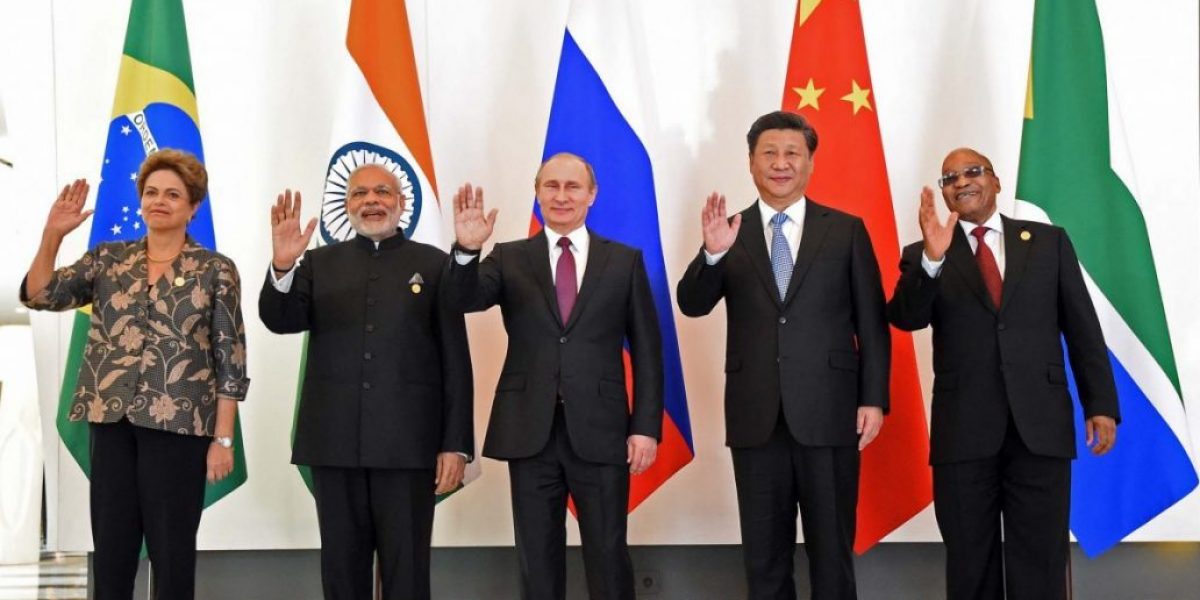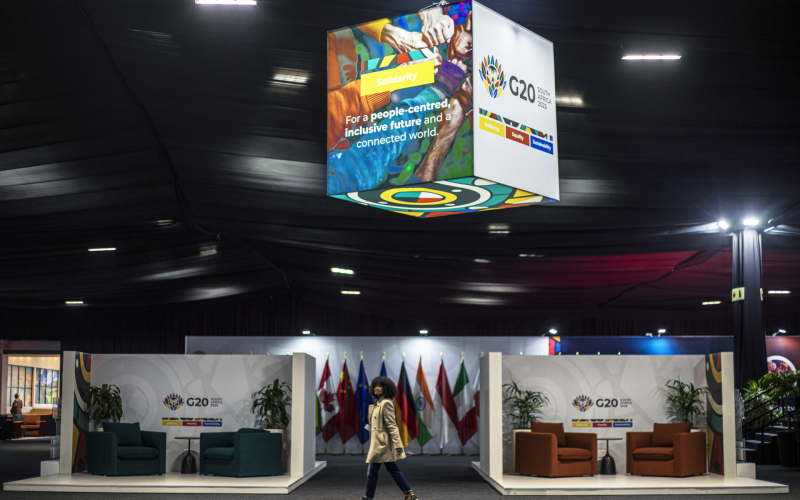The ‘Chindown’ remains a concern however with fear and apprehension continuing to grow over the exact implications of this decline for the rest of the world, fresh out of one global economic crisis, and with Europe seemingly teetering on the brink of a full blown meltdown. International financial institutions are reducing their growth estimates for China. This week there were further weaknesses highlighted by the slow-down in China’s manufacturing sector. While the timely implementation of stimulus measures managed to tide China through the economic crisis of 2008, it remains to be seen whether the Chinese authorities can revitalise the flagging domestic economy and weak export performance this time around.
Being the de facto vanguard of the BRICS group, both from a political and economic perspective, there is worry as to the impact of the Chinese decline on the BRICS grouping going into the future. This is particularly so when one views the BRICS from a Jim O’Neill perspective where the BRIC countries were envisaged as the new growth engines for a number of years to come. These emerging economies were supposed to be the rest of the world’s lifeline out of the economic crisis, beyond the stimulus packages implemented by the countries in distress. This might be too much to hope for given the nature of the current challenges. The BRICS are however more than just about China’s economic growth, or decline for that matter. The group cannot simply be dismissed because China’s economy has begun to falter. Recent world events have only served to confirm that the BRICS are here to stay and their role in global economic governance cannot be discounted.
The basic premise is that BRICS countries are regional leaders in their own right; they have fast growing economies, at least compared to the stunted growth being experienced in the US and Europe. South Africa, of course might not be in the same league economically but it is the largest economy on the African continent. It only makes sense for these countries to come together and assert themselves in multilateral engagements. Together, they represent all the developing regions of the world, 25% of global GDP, 30% of global land area and 45% of the world’s population. Economics aside, the political economy element and the huge potential it represents, cannot be ignored.
Yes, the BRICS do have more than a few problems to contend with, problems which might threaten the group’s sustainability in the long run e.g. the heterogeneous nature of the group and lack of cohesive identity among its partners, as compared to, for instance, the G7. This particular problem has manifested itself particularly in the issues of the nomination of both the IMF and World Bank heads. Although, to be quite fair, they spoke with one voice about the need for merit based appointments when it came to the World Bank presidency, even though Russia went on to later disappoint. It is also true that trade and investment linkages among the BRICS countries are fragile and disjointed beyond the bilateral relationships with China but the value of the BRICS grouping at the moment is in political economy, the group is not just about economic projections anymore. The sooner that we separate the BRICS from Jim O’Neil the better we can understand the group and its current dynamics as well as the role it is likely to play in the future. Although it is still very much a group in the process of evolution, we are seeing the beginnings of a culture of commonality; and an enhanced assertiveness in global economic governance issues.
At the WTO 8th Ministerial Conference in Geneva last year, the BRICS Trade Ministers made a joint statement where they reiterated their commitment to the multilateral trade system as well as the development agenda in the Doha Round. This was restated at the Group of 20 (G20) Trade Ministers meeting in April this year where the BRICS Ministers called on other G20 trade ministers to work towards concluding a balanced outcome for the Doha round. At their annual summit in March this year, BRICS countries signed an agreement on extending credit facilities in local currency and resolved to establish a system whereby they can trade in their own national currencies – in essence removing the US dollar as the trading currency. This saw some results this week with the currency swap between China and Brazil. At that same meeting in New Delhi, BRICS called for quota and governance reforms in the IMF, as a concomitant aspect of increasing the lending capacity of the IMF.
To that end, the BRICS countries recently pledged varying amounts to the IMF, as contributions to a new ‘firewall’ fund designed to prevent future financial crises. This particular action marks a significant milestone for the BRICS in global economic governance – they have essentially put their monies where their mouths are. It is expected that with increased contributions to the IMF reserves, will be the implementation of the long awaited governance and quota reform decision of 2010. BRICS, among other developing countries, will get an increased voice in the IMF. What must be noted here is the concerted BRICS effort in this regard and their recognition of the responsibility as global citizens. This gives the BRICS increased negotiating power as players in the global arena.
The BRICS are also making inroads with regards to cooperation around issues such as food security, sustainable development and energy, health, terrorism, science, development, and technology and innovation, in addition to the global financial and economic management agenda. The challenge to BRICS is not Chinese decline, we have seen a decline in the US and European economy and yet these countries still hold sway on global economic issues. The challenge is that of definition, against what objectives the group can be judged. At the moment there is no agreement as to what, precisely, the BRICS are about. However, progress on BRICS integration is being made every-day as the G20 summit in Los Cabos has shown. There is hope still for the grouping to be even more relevant in international political and economic discourse in an increasingly uncertain world.








